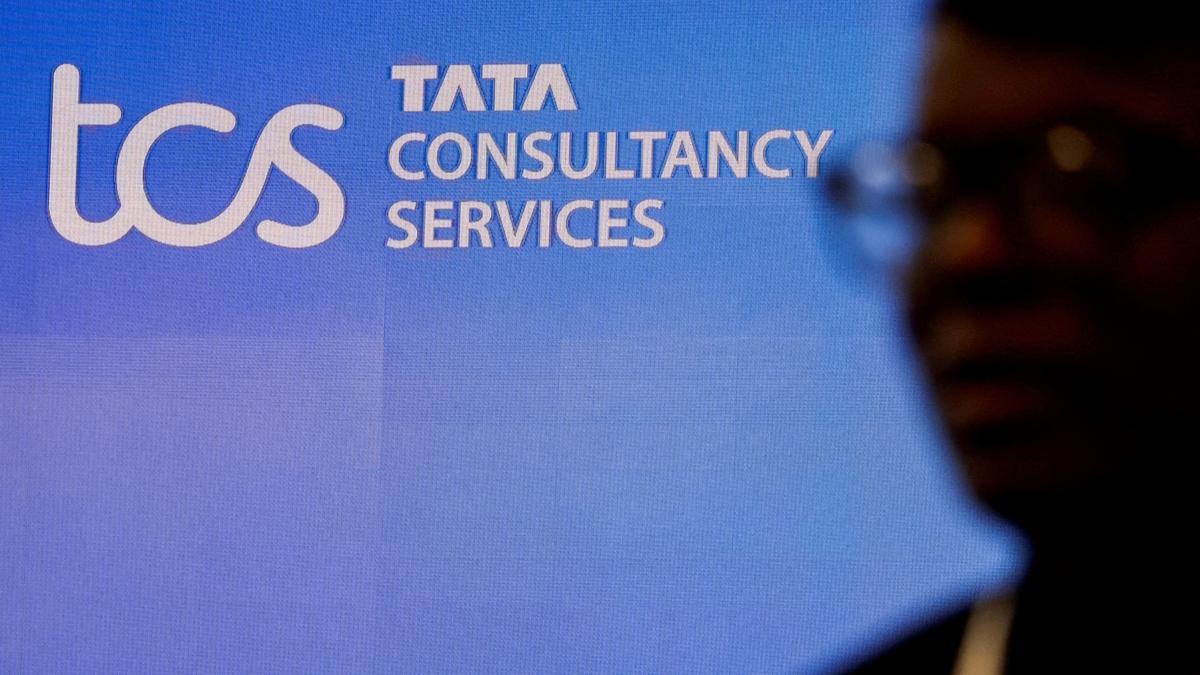Politics
TCS Layoffs Ignite Debate on Capping Executive Salaries

Tata Consultancy Services (TCS) has announced plans to lay off approximately 12,000 employees, prompting significant discussions about salary disparities in the tech industry. The National Association of Software and Service Companies (Nasscom) described this moment as an “inflection point” as artificial intelligence (AI) and automation become increasingly integrated into core business functions. In response to the layoffs, the All India Professionals’ Congress (AIPC), alongside IT employee unions, intends to advocate for policies that would cap the salary gap between top management and average employees.
The AIPC leadership highlighted the stark salary disparities in companies like TCS, where the CEO earns about 325 times the median employee salary. In contrast, firms such as Infosys and Wipro report ratios of 850 and 600 times, respectively. This disparity raises critical questions about whether capping executive salaries could help preserve jobs in the IT sector.
AI’s Impact on Pay Disparity
Praveen Chakravarty, a prominent figure within the AIPC, argued that AI is challenging the traditional pay structures that have persisted for decades. “With AI, we are realizing that skills we once viewed as high-level are now automatable,” he stated. “How can one possibly justify a 350-500 times ratio of CEO pay to median employee pay?”
Chakravarty noted that this ratio was typically around 40-50 times during the 1960s and 1970s, suggesting a growing trend of income inequality. He proposes a policy that would limit the pay ratio for publicly listed companies to around 40-50 times, arguing that such a cap could mitigate the current disparity and potentially save jobs. He compared this model to salary caps in professional sports leagues, which have proven effective in maintaining competitive balance.
Sridhar Kundu, an economist and consultant with the World Bank, provided a contrasting perspective. He referenced a recent World Bank report indicating that income inequality in India has decreased, although he acknowledged the challenges of reliable income data. Kundu expressed skepticism about the effectiveness of a wage cap in stimulating employment opportunities, highlighting that wage inequality remains persistent.
Policy Suggestions and Government Intervention
Both Chakravarty and Kundu concurred on the necessity of government intervention to address the crisis in the IT sector. Chakravarty emphasized the importance of collective bargaining and engagement with affected employees, stating, “Our role as the principal opposition party is to advocate for justice for the impacted workforce.” He clarified that the AIPC does not oppose layoffs per se but seeks to address the underlying issues of wage disparity.
Kundu argued that the ongoing layoffs could hinder long-term growth within the sector. He remarked that the rise of AI and technology could lead to a surplus of skilled labor that may not fit into traditional roles in sectors like agriculture. Therefore, he suggests enhancing self-employment opportunities as a possible solution to absorb displaced workers.
Chakravarty mentioned that the AIPC is considering various policy proposals, including the potential for a “robot tax” that could serve as a form of basic income for those affected by automation. He noted that discussions with local government leaders in tech hubs like Hyderabad and Karnataka are underway to explore these issues further.
As the debate around executive pay and job security continues, the future of the IT sector in India hangs in the balance. The significant layoffs at TCS and the resulting discourse reflect broader economic challenges that require urgent attention from policymakers and industry leaders alike.
-

 World5 months ago
World5 months agoSBI Announces QIP Floor Price at ₹811.05 Per Share
-

 Lifestyle5 months ago
Lifestyle5 months agoCept Unveils ₹3.1 Crore Urban Mobility Plan for Sustainable Growth
-

 Science4 months ago
Science4 months agoNew Blood Group Discovered in South Indian Woman at Rotary Centre
-

 World5 months ago
World5 months agoTorrential Rains Cause Flash Flooding in New York and New Jersey
-

 Top Stories5 months ago
Top Stories5 months agoKonkani Cultural Organisation to Host Pearl Jubilee in Abu Dhabi
-

 Sports4 months ago
Sports4 months agoBroad Advocates for Bowling Change Ahead of Final Test Against India
-

 Science5 months ago
Science5 months agoNothing Headphone 1 Review: A Bold Contender in Audio Design
-

 Top Stories5 months ago
Top Stories5 months agoAir India Crash Investigation Highlights Boeing Fuel Switch Concerns
-

 Business5 months ago
Business5 months agoIndian Stock Market Rebounds: Sensex and Nifty Rise After Four-Day Decline
-

 Sports4 months ago
Sports4 months agoCristian Totti Retires at 19: Pressure of Fame Takes Toll
-

 Politics5 months ago
Politics5 months agoAbandoned Doberman Finds New Home After Journey to Prague
-

 Top Stories5 months ago
Top Stories5 months agoPatna Bank Manager Abhishek Varun Found Dead in Well









